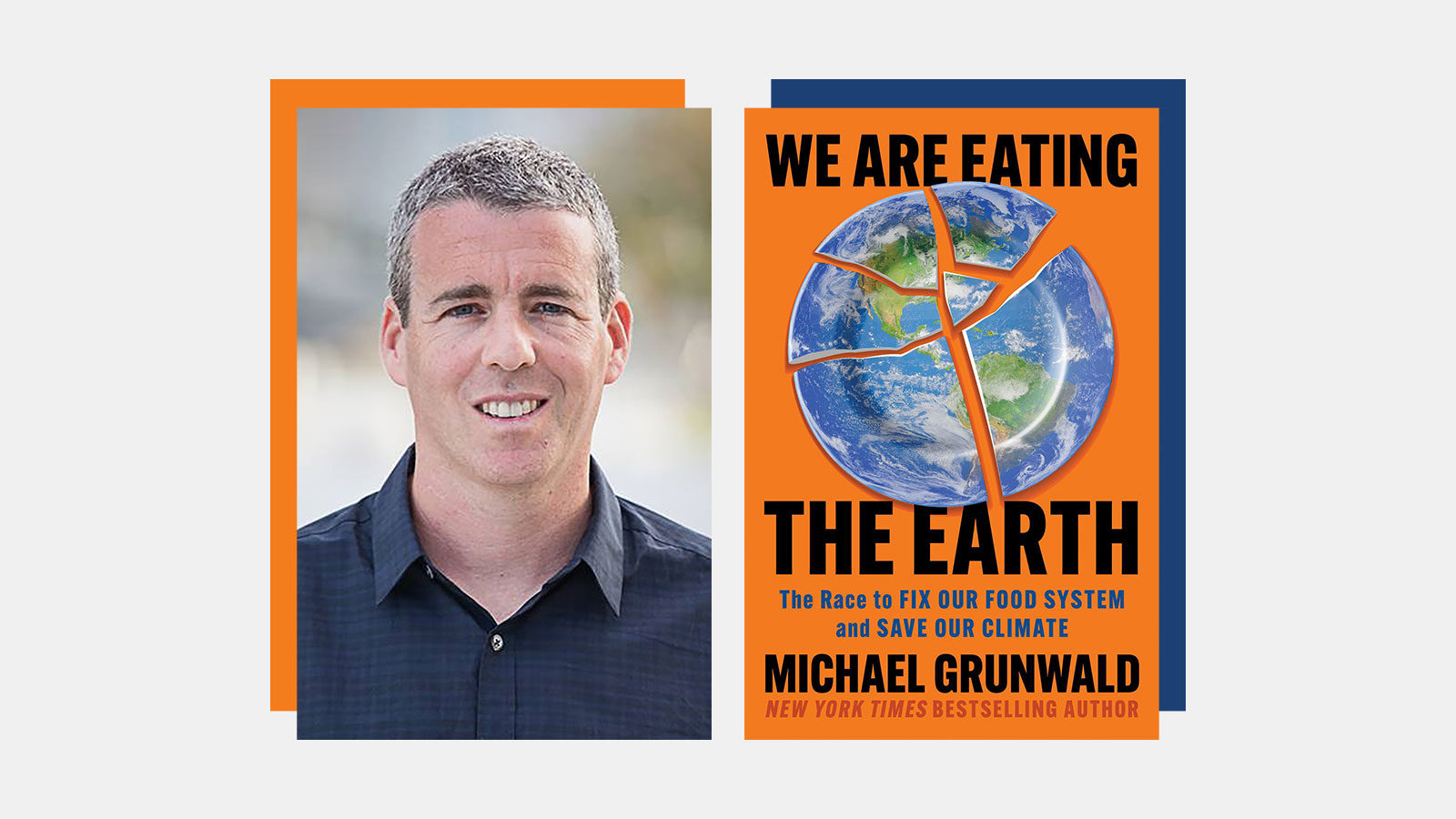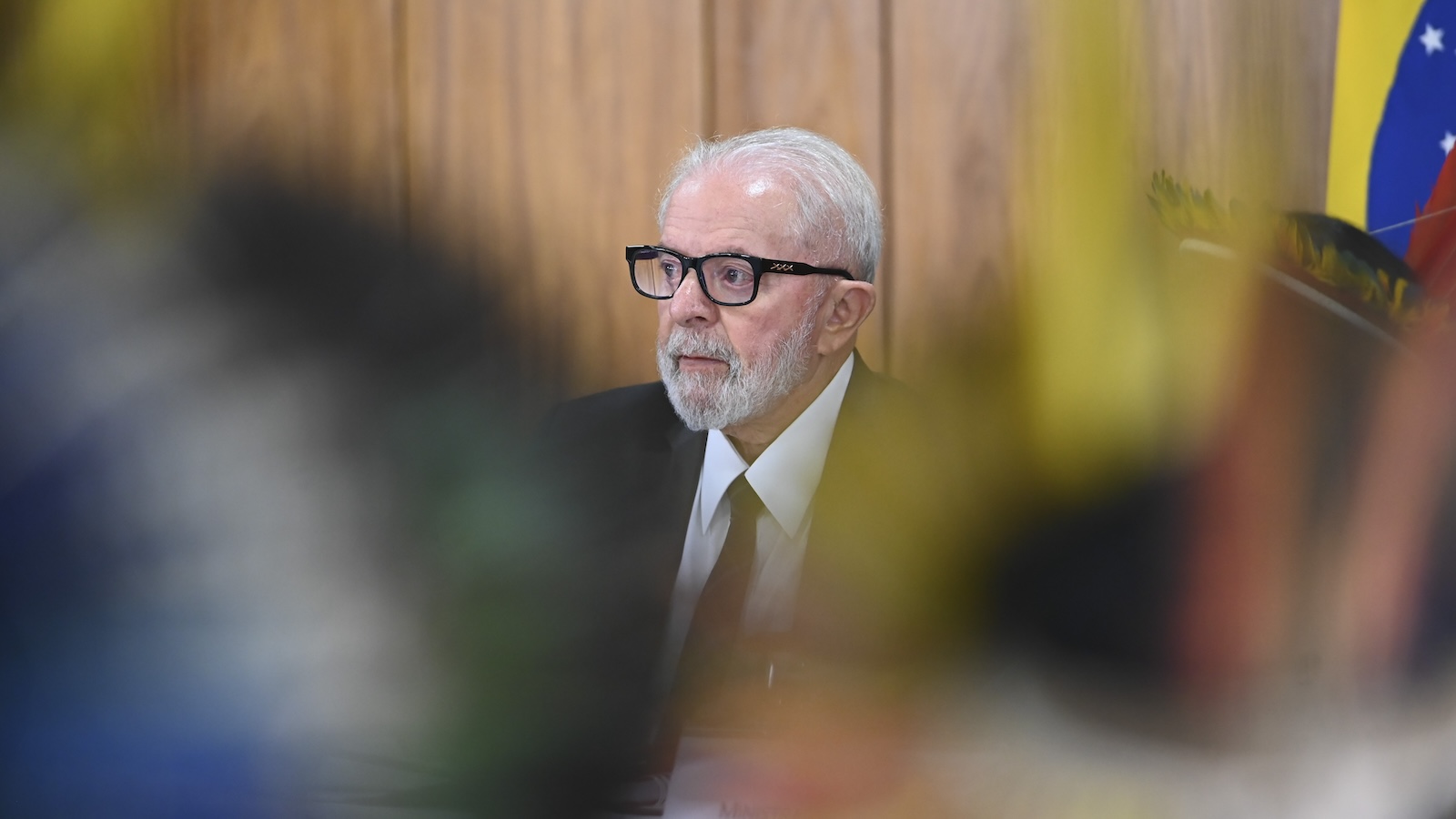Diamond Green Diesel, or DGD, a U.S. leader in renewable diesel production, imports beef tallow from a supplier fed by Brazilian slaughterhouses fined for illegal deforestation. These include a plant that purchased cattle from a rancher described by Brazilian authorities as the “largest destroyer of the Amazon” ever investigated.
Repórter Brasil obtained documents about DGD’s supplier chain and identified, in addition to this case, connections to at least two other slaughterhouses that bought cattle from ranchers fined for practices associated with large-scale illegal deforestation.
These cases raise a red flag about the potential harmful climate impacts of alternative fuels. Despite biofuels’ image as a “green” fuel, the use of livestock inputs in their production can increase deforestation, warned Tim Searchinger, a senior researcher at Princeton University. “The reason land is being deforested is to meet growing demand for food and biofuels,” he said.
Deforestation accounts for around 13 percent of global greenhouse gas emissions, according to United Nations estimates. In Brazil, it is the leading driver of such emissions.
On its website, DGD claims its industrial plant can cut greenhouse gas emissions by up to 80 percent compared to fossil diesel. However, it does not mention any measures to prevent the purchase of tallow sourced from deforested pastures. The company did not respond to requests for comment.
In addition to fueling cars and trucks, DGD’s Texas facility produces SAF — short for “sustainable aviation fuel,” a product intended to reduce the climate footprint of the aviation industry. Avfuel Corporation, one of the main independent jet fuel suppliers in the U.S., received the first SAF delivery from DGD in December 2024.
From forest destruction to biofuel production
According to customs documents reviewed by Repórter Brasil, DGD regularly purchases beef tallow from the Fasa Group, a Brazilian company specializing in processing slaughterhouse byproducts. DGD and Fasa belong to the same economic group, as the Brazilian company was acquired in 2022 by Texas-based multinational Darling Ingredients, one of DGD’s owners through a joint venture with Valero Energy. Also headquartered in Texas, Valero Energy is one of the largest fuel producers in the U.S.
The Fasa group has subsidiaries in the Amazon called Araguaia and Rio Verde, which source tallow from various slaughterhouses in the region. The supplier’s history, according to official documents obtained by the report, includes Frialto, a slaughterhouse from Mato Grosso identified through GTAs (animal transport guides) purchasing cattle from a rancher arrested by the Brazilian federal police in 2023. He was accused by Brazil’s Federal Prosecution Office of clearing an area of forest equivalent to about 12,000 American football fields and is identified by the agency as the largest Amazonian deforester ever investigated.
One month after the arrest, Repórter Brasil revealed that Frialto had bought cattle from the rancher and his relatives. Now, the outlet has obtained an official letter from the government of Mato Grosso, dated October 2023, related to the renewal of Frialto’s operating license. In the document, a Fasa subsidiary is listed as the recipient of residues generated by Frialto. According to customs records, this same Fasa unit sent beef tallow to DGD multiple times between 2023 and 2024.
At the time of the arrest, Frialto stated it had suspended business with the rancher’s properties. Repórter Brasil contacted the slaughterhouse again to inquire about its dealings with Fasa and any measures taken to avoid sourcing from illegally deforested areas but received no response.
Fasa, Darling Ingredients, Valero Energy, and DGD also did not respond to requests for comment.

Another illegal deforestation case linked to DGD’s supply chain involves the LKJ slaughterhouse. Cattle movement records accessed by Repórter Brasil show that in July 2023, LKJ purchased animals from a ranch in Brazil’s Cerrado biome — called Apucarana Farm — which had 381 hectares embargoed after environmental authorities confirmed illegal deforestation. The Cerrado is another native biome in Brazil facing rapid destruction and contributing to greenhouse gas emissions.
A Fasa subsidiary in Pará state regularly received residues from LKJ between 2022 and 2023, according to corporate documents obtained by Repórter Brasil showing truck routes for raw material deliveries. That same subsidiary also supplied beef tallow to DGD from 2023 to 2024, according to customs records.
When contacted, LKJ attributed the cattle purchase from Apucarana Farm to a failure in its internal procedures, stating that it has a policy of not buying from embargoed areas. (See the full response here.) The company claimed it has since blocked both the farm and another property from the same supplier from future sales. LKJ did not comment on its business relationship with Fasa.
Like other slaughterhouses, LKJ is a signatory to an agreement with Brazil’s Federal Prosecution Office — known by its Portuguese acronym, MPF — that requires adopting anti-deforestation criteria in cattle procurement in the Amazon. In May of this year, the MPF released audit results focused on LKJ’s operations, revealing that roughly 2,700 animals slaughtered by the company in 2022 — about 8 percent of the audited sample — did not meet the agreement’s criteria. It was the worst result among the six audited slaughterhouses in the state of Tocantins, where LKJ is located.
In 2023 and 2024, in addition to sourcing tallow from Fasa, DGD also imported tallow directly from Minerva, Brazil’s second-largest beef company, customs data show.
Last year, a study by the organization Mighty Earth identified the company as one of the clients supplied by the largest deforester in the Brazilian Pantanal, who was fined the highest penalty ever imposed by the Mato Grosso State Department of the Environment. The individual was held responsible by the state’s Civil Police for the destruction of 81,200 hectares of native vegetation — an area larger than the island of Manhattan — through the aerial spraying of pesticides containing chemicals also found in “Agent Orange.” At the time of the publication, which used data gathered by Repórter Brasil, the company reported that it had blocked the rancher from future business.
Minerva’s plant in Araguaína, in the state of Tocantins, is among those listed in customs documents exporting tallow to DGD. A 2021 Repórter Brasil report showed that this facility had purchased cattle from a rancher fined for illegally clearing 198 acres of Amazon rainforest. Another investigation that same year revealed that the plant’s indirect supply chain included a farm where Brazilian authorities rescued workers from conditions analogous to slavery.
Minerva was contacted to comment on its cattle procurement policies and its relationship with DGD, but did not respond.
Brazil is exporting more tallow to the U.S.
In 2022, Brazil exported 63,000 tons of tallow to the U.S. In 2023, that number jumped to 202,000 tons. And in just the first five months of 2025, Brazil had already shipped 111,000 tons, according to data from the Brazilian Ministry of Development, Industry, Trade, and Services.
The increase coincides with the acquisition of the Fasa Group by Darling Ingredients. Last year, the U.S. was the destination for 90 percent of all Brazilian tallow exports.
Beef tallow is derived from bovine tissue waste and has a relatively low production cost, as it is extracted from less valuable parts of the animal, such as the carcass. Its use is often described as “animal recycling” and is commonly promoted as a solution for disposing of slaughterhouse residues.

Because it is considered a byproduct, tallow is not subject to the same traceability requirements as beef. However, according to Searchinger, tallow is a valuable commodity for the food industry — it is, for example, widely used in animal feed. When diverted to fuel production, he explains, it increases the demand for vegetable oils and other fats to replace it. “This, in turn, increases pressure on land,” he says.
Searchinger argued that the growth of biofuels is only viable because of public subsidies. He believes that instead of supporting the sector, rich countries should fund environmental conservation in the Global South.
“A $100-per-ton CO2 tax on airline tickets could generate a $100 billion annual fund. That money could be used to pay countries like Brazil to conserve their forests and boost livestock productivity in already cleared areas,” Searchinger suggested.


